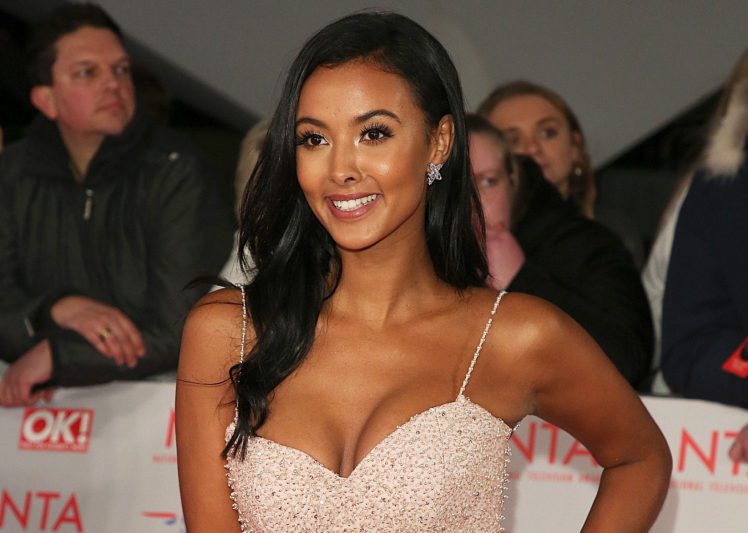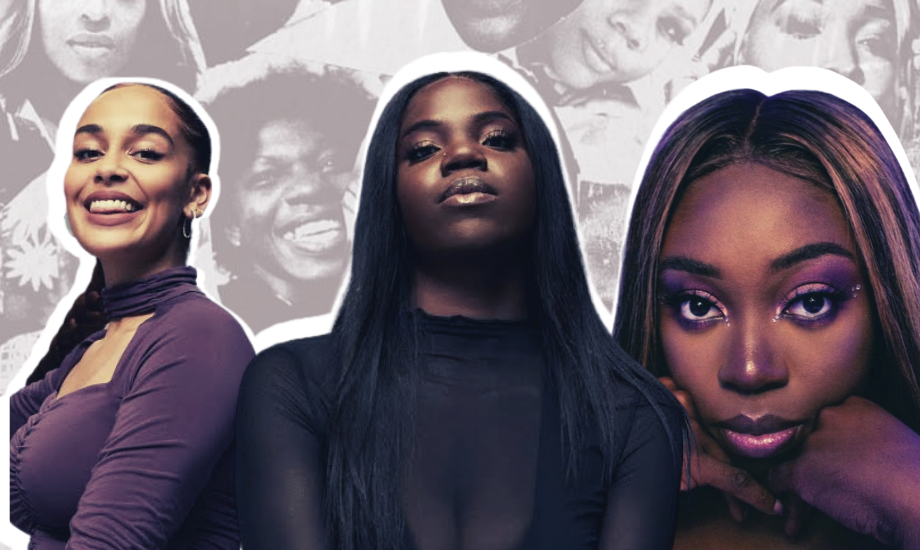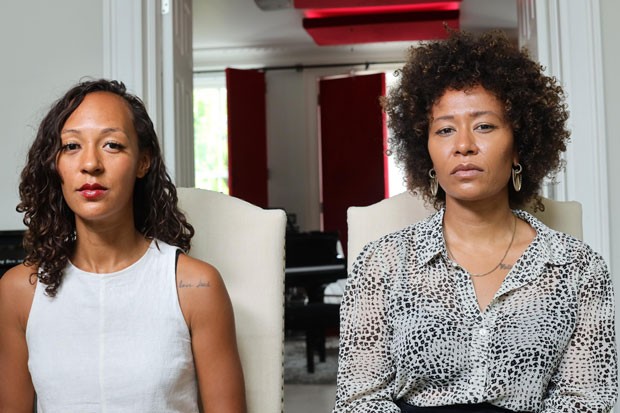
The topic of race and colourism in the black community is so nuanced and value-laden. In the black community, it stems from a long history of racial oppression, which affects both men and women. We all know the narratives of field versus house slaves, unequal access to work, and even people who have “passed” as white to protect their safety. Colourism, however, manifests in a much more sinister and everyday way within the black community. Lighter-skinned women can be subject to a favourable bias that verges on the point of fetishisation, whereas darker skinned black women face an unfavourable bias that is remarkably more insidious.
Maya Jama is the latest to be caught slipping up on the issue after a tweet from 2012 was pulled up into the public sphere. Quoting a “joke” from a comedian, Jama tweeted: “Dark skin bitches shaving their head expecting to look like Amber Rose when really they end up looking like Micheal [sic] Jordan.” Looooooooool.” To make things worse, instead of apologising to the dark-skinned black women she insulted, she addressed all women: “My genuine and sincerest apologies go out, not just to dark-skinned women but to ALL women.”
“By continuing to slander each other we will perpetuate a sad old problem that shouldn’t have been in our heads to begin with”
In the black community, more often than not, light-skinned women are representative of a racially ambiguous fantasy, whereas darker-skinned women are celebrated up to a point of palatable blackness. Being a dark-skinned East African, I have been told that I’m “black, but not black-black”. Whatever “black-black” is supposed mean, there is a clear negative connotation of blackness that needs to be dispelled.
Maya Jama isn’t the first woman in the spotlight to have faced a backlash from past comments about dark-skinned women. She is amongst Claudia Jordan, Sabrina Claudio and a long list of male celebrities, including those who have immortalised their preferences through songs. It’s far too simplistic to suggest that colourism is due to misogynistic attitudes, but it sure does contribute.
“Whatever “black-black” is supposed mean, there is a clear negative connotation of blackness that needs to be dispelled”
As a black community, we are aware of racism, internalised racism and biases in our communities, but we need to be more candid and sincere about it. Is it possible for a dark-skinned woman to discuss this issue without being negated for her looks, or being told she is bitter and jealous? If we know a problem exists how can we actually move past it and evolve without undermining each other at every step? By continuing to slander each other, we will perpetuate a sad old problem that shouldn’t have been in our heads to begin with.
Jama has since apologised for her apology and it must be so humiliating to have old tweets dragged up and be blasted on the internet. But although I can empathise with this, I feel more sympathy for the women who were subject to these types of insults, and raised in a toxic society that pits black women against each other. No one is immune from mistakes, and we all grow and evolve in our beliefs and attitudes. But we really can’t normalise an antiquated hatred for black women as a passing phase. There are real consequences of these so-called phases; although it’s naive to think we can all hold hands and get along, we can’t move on without realising how we are all complicit in a wider societal problem.
“But we really can’t normalise an antiquated hatred for black women as a passing phase”
Black bodies are political, and how we navigate ourselves has been shaped by a history of oppression. The antebellum period of American history depicted black men as fiends with an uncontrollable sexuality that victimised white women, despite the fact that white men have raped their black slaves for centuries. Black women were never afforded their fragility and this is a motif that sustains itself to present day. If we speak up, we are viewed as angry, not hurt. And once you strip a person of their natural human emotions, injustices flourish with ease.
As a young 22-year-old, I can’t possibly pretend to have the answers for an issue that has existed for centuries, but I think if we can have an open and honest discussion, then we can at least move a step forward. Despite our ethnic backgrounds and different complexions, as a black community, we have all experiences of racism and I hope things can improve for the next generation.









